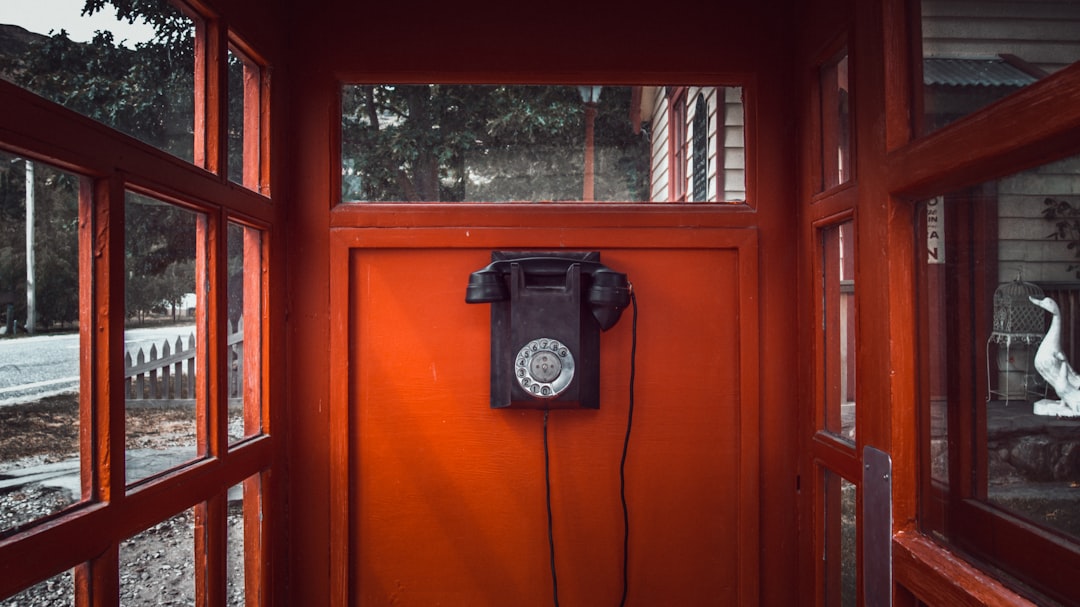Idaho residents can effectively stop spam calls by combining official measures and consumer awareness. Register on the National Do Not Call Registry, utilize call-blocking features from service providers, and employ community-powered tracking tools. Avoid sharing phone numbers publicly, be selective when providing them, and regularly update privacy settings. By implementing these strategies, Idahoans can significantly reduce unwanted spam calls.
Tired of unwanted text messages and calls? As an Idaho resident, you have rights and resources to combat spam. This guide navigates Idaho’s spam call laws, empowering you to take control. We’ll show you how to identify and track unwanted contact, leverage official tools and phone apps for robust protection, and implement additional measures to minimize intrusions. Discover effective strategies to stop spam calls in Idaho once and for all.
Understanding Idaho's Spam Call Laws and Your Rights

In Idaho, there are laws in place to protect residents from unwanted text messages and phone calls, often referred to as spam. According to the Federal Communications Commission (FCC), it’s illegal for companies to make automated, prerecorded, or text messages with certain content unless you’ve given explicit consent. This means you have the right to block and stop these pesky spam calls and texts.
As an Idaho resident, if you’re receiving unwanted communication, you can take action by registering your number on the National Do Not Call Registry, which is a federal database designed to curb telemarketing calls. Additionally, many mobile service providers offer call-blocking features or apps that can help filter out spam. By understanding your rights and utilizing these tools, you can effectively manage and minimize the volume of unsolicited messages you receive.
Identifying and Tracking Unwanted Text Messages and Calls

Unwanted texts and calls can be a persistent nuisance, but identifying and tracking them is the first step to regaining control. As an Idaho resident, you have options when it comes to blocking spam calls and text messages. Start by scrutinizing your call and text history for unfamiliar numbers or recurring patterns. Note down any suspicious numbers and the frequency of their contact attempts. Many devices and apps now offer call and text logging features, making this process easier.
Additionally, consider using online resources and tools specifically designed to track and block spam. There are numerous applications available that can help identify unknown callers and filter out unwanted communication. These tools often draw from community-contributed data, learning and adapting to new spamming trends. By employing these strategies, you’ll be better equipped to combat How to Stop Spam Calls Idaho and reclaim your peace of mind.
Utilizing Official Tools to Block Spam in Idaho

In Idaho, there are official tools and resources available to help residents combat unwanted text messages and phone calls, commonly known as spam. The Federal Trade Commission (FTC) offers a simple yet effective solution called Do Not Call Registry, which allows individuals to register their phone numbers to stop receiving marketing calls. This is a free service that can significantly reduce the volume of spam calls you receive.
Additionally, many telecommunications providers in Idaho provide call-blocking features as part of their services. Customers can take advantage of these tools to automatically filter out known spam callers. By combining these official measures with consumer awareness, Idaho residents can effectively stop and minimize spam calls, ensuring a quieter and more peaceful communication experience.
Employing Phone Apps for Enhanced Spam Protection

Additional Measures to Reduce Unwanted Contact

Beyond utilizing blocking tools and registration in state databases, there are several additional measures Idaho residents can take to reduce unwanted contact from spam calls and texts. One effective strategy is to avoid sharing your phone number publicly. Be cautious when providing your number at events, forms, or online platforms—consider using alternative contact methods like email where possible. Additionally, stay informed about the Do Not Call Registry and ensure your number is listed to prevent marketing calls. Regularly update your privacy settings on devices and applications, restricting access to your phone book and communication channels from unknown sources. By combining these tactics, Idaho residents can significantly minimize their exposure to spam calls and enjoy a quieter, more peaceful communication experience.






